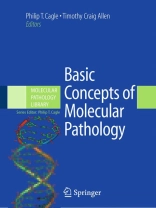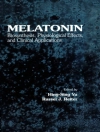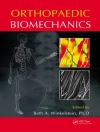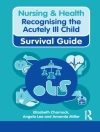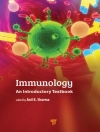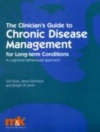Over the past two decades there has been an explosion in knowledge about the molecular pathology of human diseases which accelerated with the sequencing of the human genome in 2003. Molecular diagnostics and molecular targeted therapy have contributed to the current concept of personalized patient care that is now routine in many medical centers. As a result, general and subspecialty pathologists, clinical practitioners of all types and radiologists must now have an understanding of the basic concepts of molecular pathology and their role in new diagnostic and therapeutic applications to patient care.
The Molecular Pathology Library series was created to bridge the gap between traditional basic science textbooks in molecular biology and traditional medical textbooks for organ-specific diseases. Basic Concepts of Molecular Pathology is designed as a stand-alone book to provide the pathologist, clinician or radiologist with a concise review of the essential terminology, concepts and tools of molecular biology that are applied to the understanding, diagnosis and treatment of human diseases in the age of personalized medicine.
Those medical practitioners, residents, fellows and students who need to refer to the terminology and concepts of molecular pathology in their patient care will find the Basic Concepts of Molecular Pathology to be a succinct, portable, user-friendly aid in their practice and studies. The service-based physician will find this handy reference to be valuable at the laboratory benchside, at the patient bedside, at multidisciplinary patient care conferences or as a review for examinations.
İçerik tablosu
Genes, Gene Products, and Transcription Factors.- Receptors, Signaling Pathways, Cell Cycle, and DNA Damage Repair.- Cell Adhesion Molecules.- Apoptosis and Cell Death.- The Role of Mutation and Epimutation in the Development of Human Disease.- Bioinformatics and Omics.- General Approach to Molecular Pathology.- Applications in Anatomic Pathology.- Polymerase Chain Reaction and Reverse Transcription-Polymerase Chain Reaction.- Array Comparative Genomic Hybridization in Pathology.- Loss of Heterozygosity.- In Situ Hybridization: Principles and Applications.- Proteomics.- Immunohistochemistry of Biomarkers.- Basic Principles of Flow Cytometry.- Stem Cells.- Animal Models of Lung Disease.- Tissue Culture Models.
